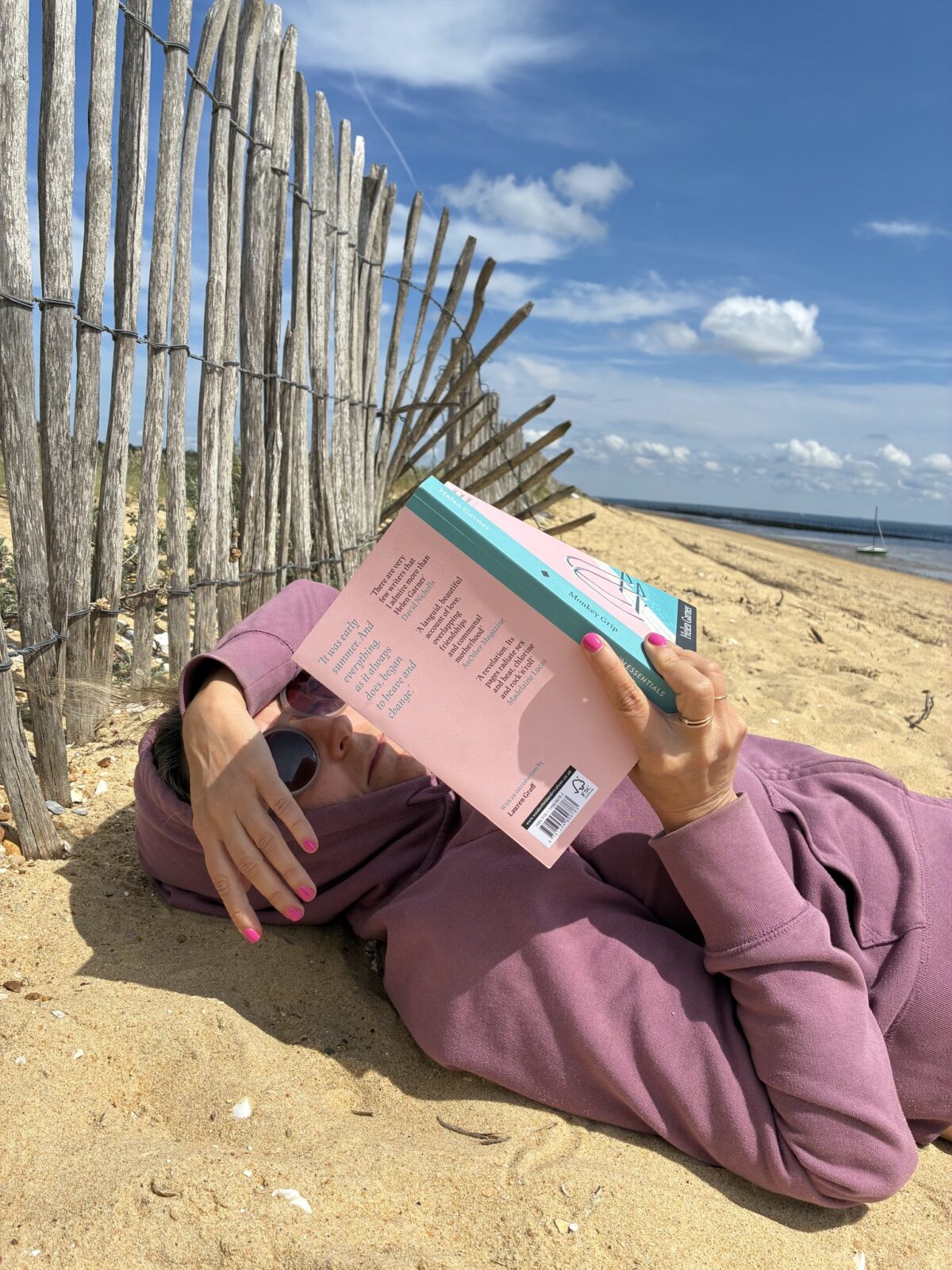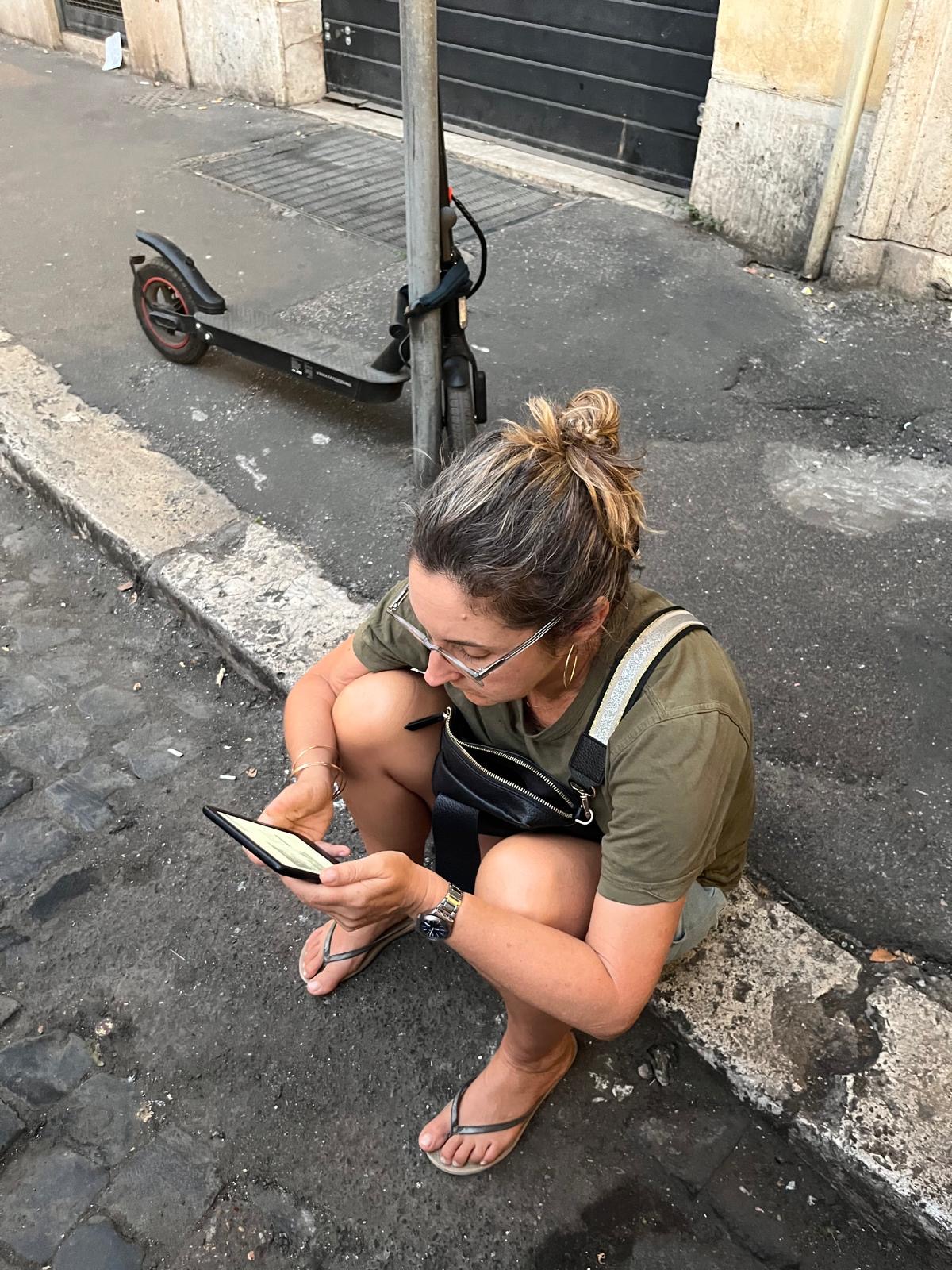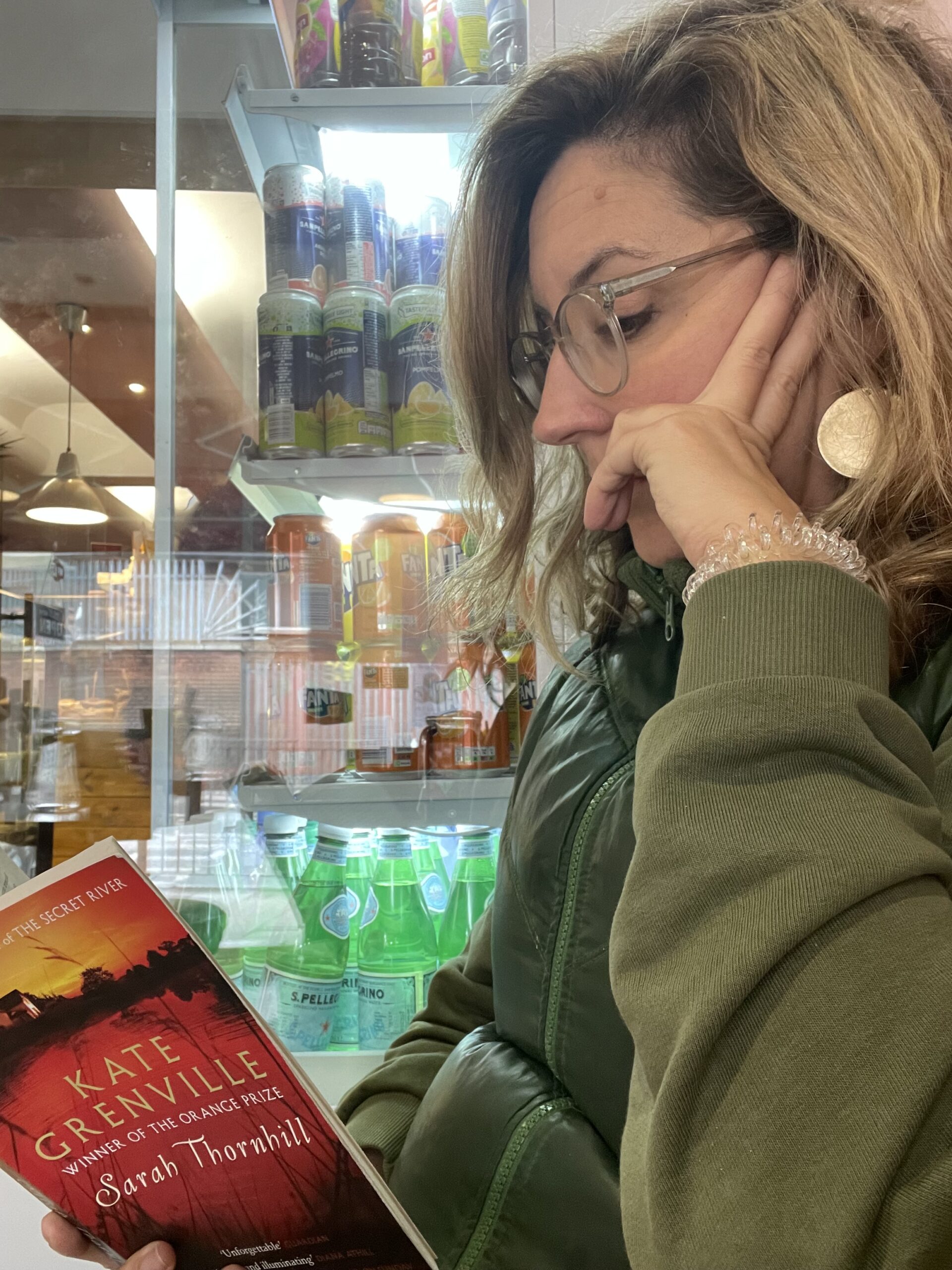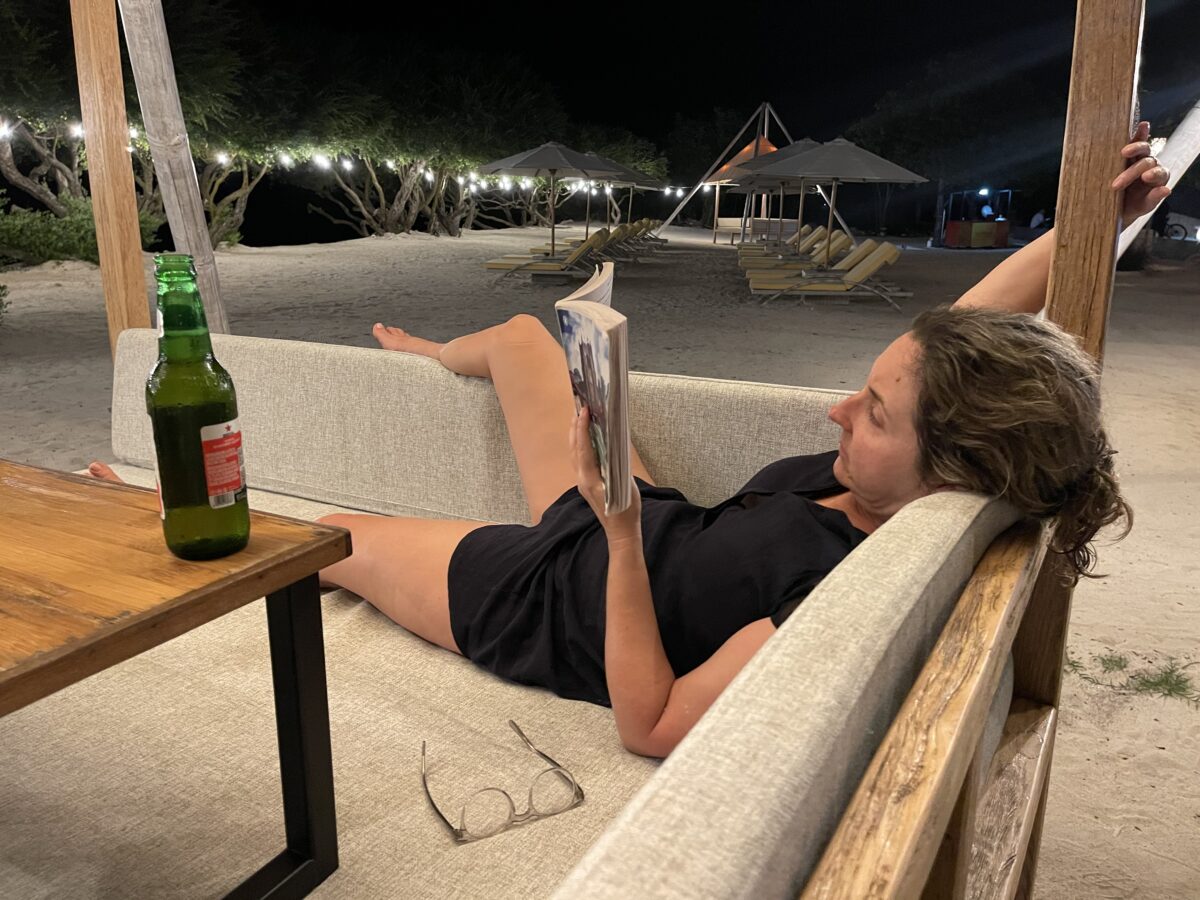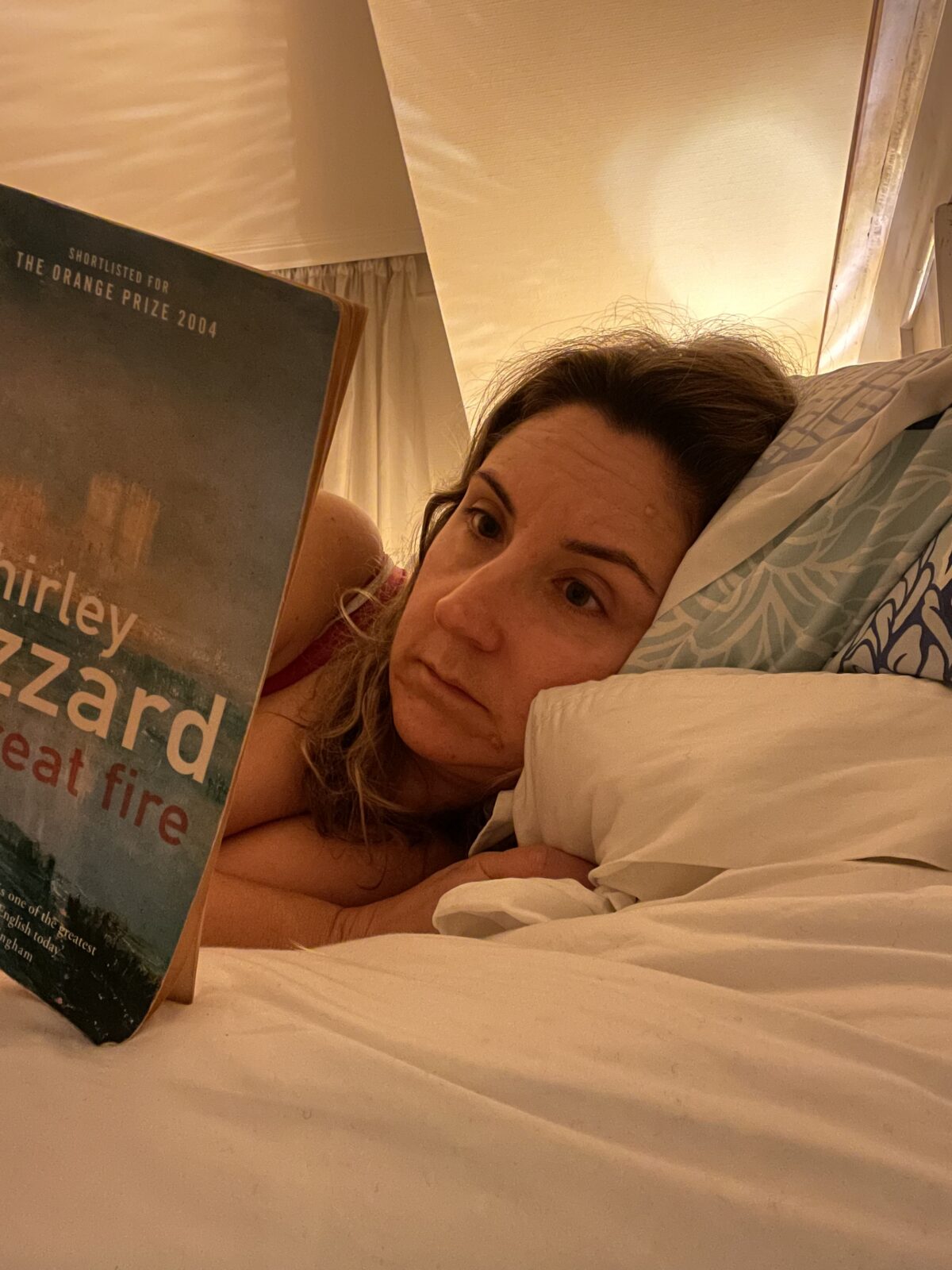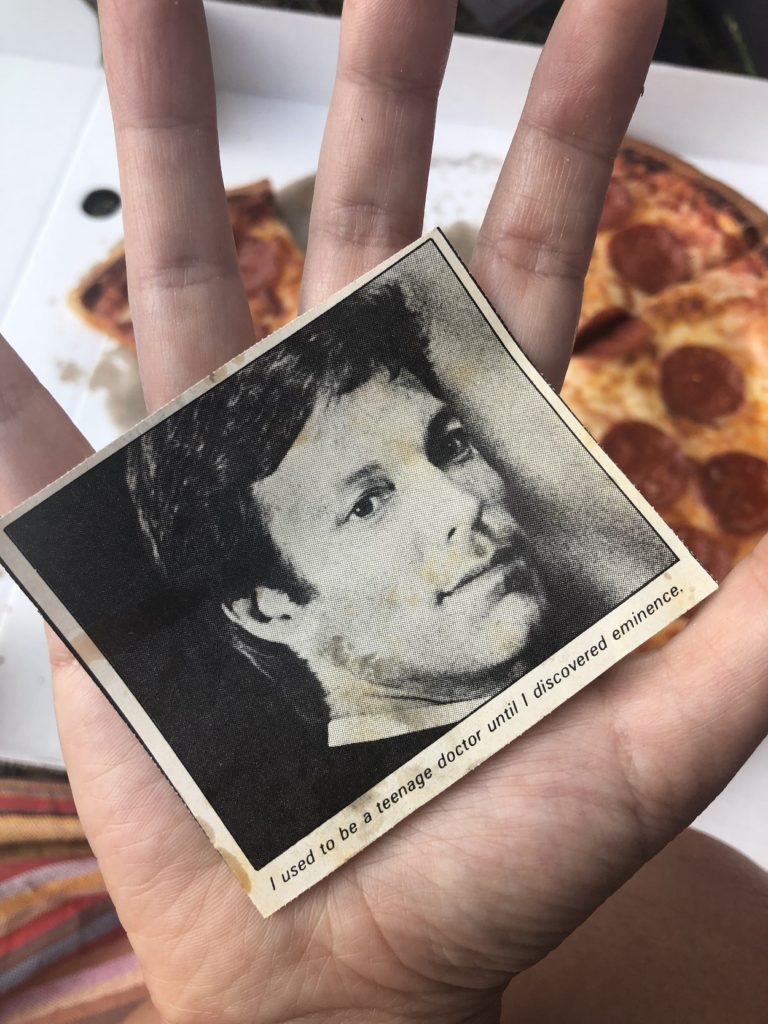Here is how this book begins:
“For some years of my twenties I was very much in love with a man who would not leave his wife. For not one moment of this relationship was I unaware of what every single popular culture representation of such an arrangement portended my fate to be.
Having done well in school but having found little scope in which to win things since then, it is possible that my dedication to this relationship was in fact a dedication to my belief in myself – that I could make a man love me so much that he would leave what he had always known, all his so-called responsibilities, purely to attain my company forever. I offered nothing but myself, you see.”
That, in two paragraphs, is what the book is about. It is pretty sad, overall. Especially sad is the lack of cynicism of the man, who does genuinely seem to love her and to suffer over his inability to choose.
As the author points out, one reason she got so interested in him was because she had no other interests. This part, perhaps unfairly, I just found annoying. Here she is on how all her old schoolmates are getting jobs:
“Obviously we would all need money to feed and house ourselves when school was over; I didn’t not forsee that. Maybe for most of us this would mean having to do stuff for companies or whatever happened in business. KPIs? P&Ls? Circling back? But why were we all talking like the way we wanted to subsist was via indefinitely spending most of our waking hours doing something with very little relation to the formation and development of ourselves, a development which, until this point, we’d been told by our teachers and parents was very important?”
It is a bizarrely youthful contempt for a whole huge aspect of the human experience, which is world of commerce. A not unimportant part of the world, if you happen to live in late capitalism. And she does, oh god she does. Here she is having lunch one day:
“Eating this dry sushi, I am utterly dejected”
So she has standards as to the wetness of her sushi but somehow still feels she should not be weighed down by such petty matters as making an income.
It was a gripping story of terrible choices and I enjoyed it.

